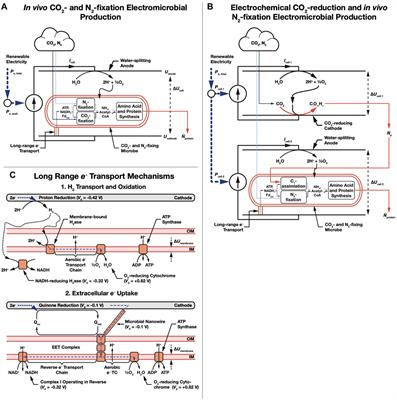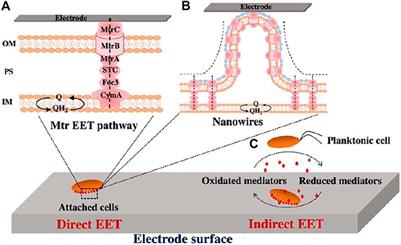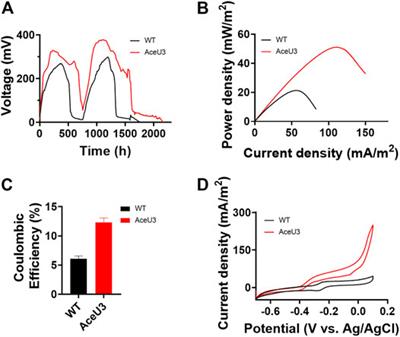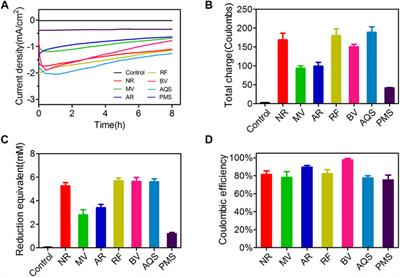EDITORIAL
Published on 26 Apr 2022
Editorial: Electrobiotechnology Towards Sustainable Bioeconomy: Fundamental, Optimization and Applications
doi 10.3389/fbioe.2022.901072
- 1,110 views
- 1 citation
5,516
Total downloads
30k
Total views and downloads
You will be redirected to our submission process.
EDITORIAL
Published on 26 Apr 2022
HYPOTHESIS AND THEORY
Published on 21 Feb 2022

ORIGINAL RESEARCH
Published on 15 Feb 2022

REVIEW
Published on 03 Dec 2021

ORIGINAL RESEARCH
Published on 19 Nov 2021

ORIGINAL RESEARCH
Published on 10 Aug 2021

